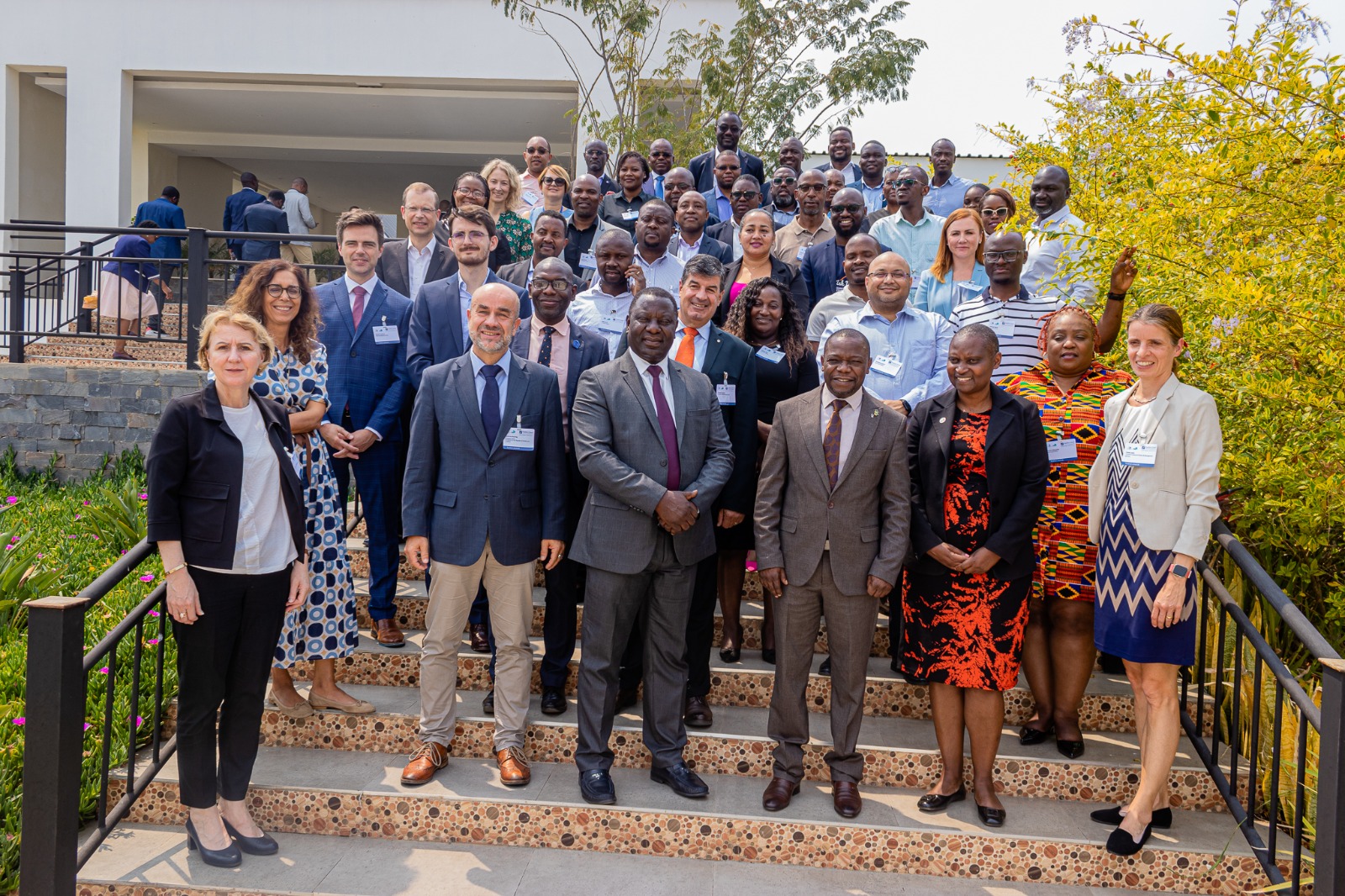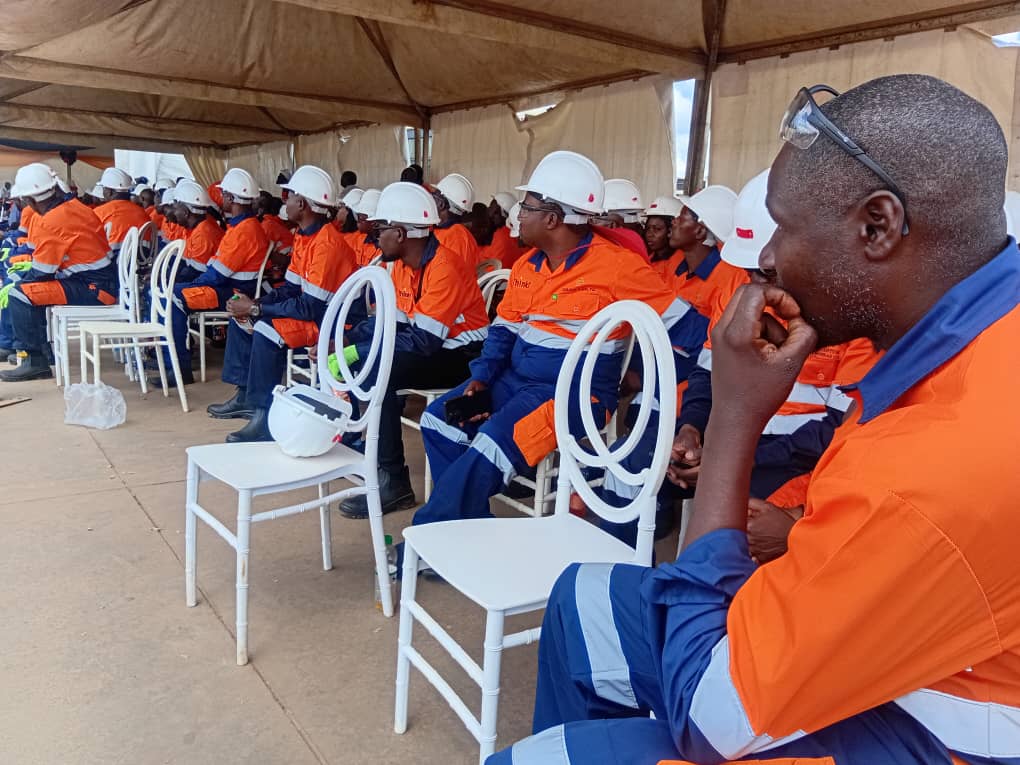By Derrick Silimina
European Investment Bank Vice President Thomas Östros has officially opened the 7th EIB SME Banking and Microfinance Academy in Lusaka.
More than 100 banking leaders from across Southern Africa and around the world are meeting in Lusaka this week to share best practice and strengthen high impact private sector financing across the region.
The 7th regional banking academy is earmarked to strengthen targeted financing for agriculture, climate action, female and youth empowerment.
“The 7 th European Investment Bank Southern Africa SME Banking and Microfinance Academy taking place here in Lusaka this week demonstrates the crucial importance of ensuring that financial partners listen and learn from each other to better tackle investment gaps holding back private sector investment and job creation. By collaborating and learning from one another, leading banks and financial institutions from across Southern Africa and international partners can together drive private sector financing and foster economic growth,” Östros said.
The academy reaffirms the European Investment Bank’s firm commitment to backing Africa’s private sector, in partnership with leading local banks, Team Europe and the European Union through technical cooperation, financial innovation and financial engagement.
And Minister of Small and Medium Enterprise Development Elias Mubanga said by coming together, Zambian, African and international partners can better explore innovative approaches to strengthen private sector financing and drive economic growth during challenging times.
“We extend a warm welcome to all the banking leaders convened in Lusaka this week. Zambia deeply appreciates the European Investment Bank’s longstanding support for unlocking high impact financing that is transforming our agriculture sector and enabling Zambian business to grow,” Mubanga said.
In attendance during the SME Banking and Microfinance Academy was Karolina Stasiak, Ambassador-Designate of the European Union (EU) to Zambia and the Common Market for East and Southern Africa (COMESA).
Stasiak underlined that in times of global challenges, such as climate change, which threaten the future of humankind, there is no need to just look anymore at shareholder value and profit maximization only.
“The close cooperation between Europe and Zambia has played a pivotal role in supporting private sector growth and sustainable development. The academy is a symbol of our shared dedication to unlocking opportunities and propelling progress,” Stasiak said.
She further hinted that over recent years the EIB SME Banking Academies, held in Southern, West and East Africa, have strengthened financial, technical and banking skills of more than 40,000 African financial professionals.
The Southern Africa SME Banking and Microfinance Academy is being held jointly with the Trade and Development Bank and impact financing experts from the Frankfurt School of Finance and Management in a bid to strengthen high-impact business investment, climate action and financial inclusion.
In the next four days, the Academy will enable successful private sector financing strategies and insights into backing climate investment, strengthening financial inclusion, deploying targeted financing for female empowerment and to enhance opportunities for young people to be shared.
Experts from leading regional financial institutions as well as the EIB, IMF and OECD will also discuss how to overcome challenges hindering trade finance and embrace digitalization to better serve private sector customers.
The European Investment Bank is the world’s largest international public bank and over the last decade the EIB has provided more than EUR 32 billion for private and public investment across Africa.
Zambia is the EIB’s largest country of operation in southern Africa and over the past five decades, the EIB has provided more than EUR 1.2 billion for priority business, water, energy, and transport investment across the country.








